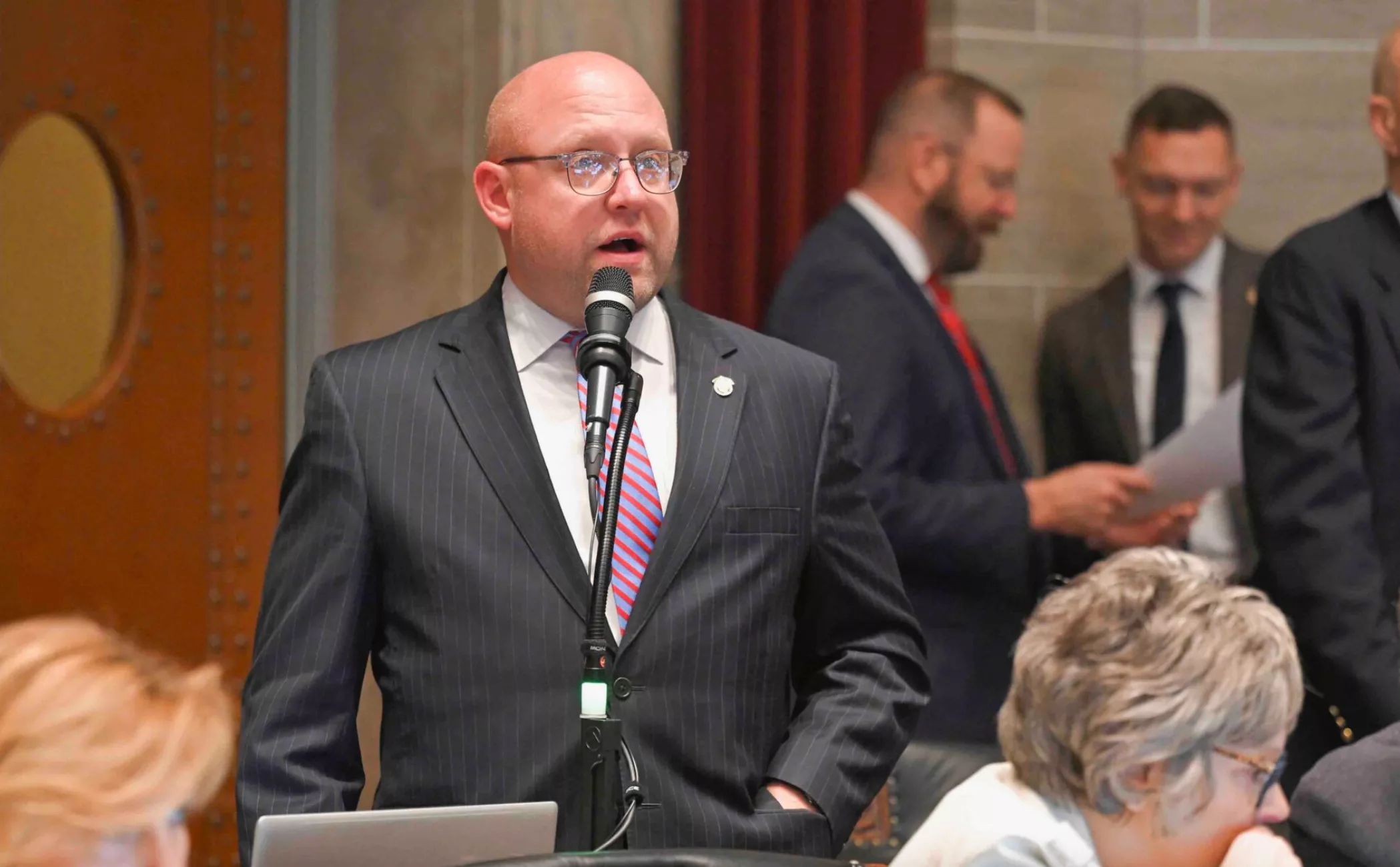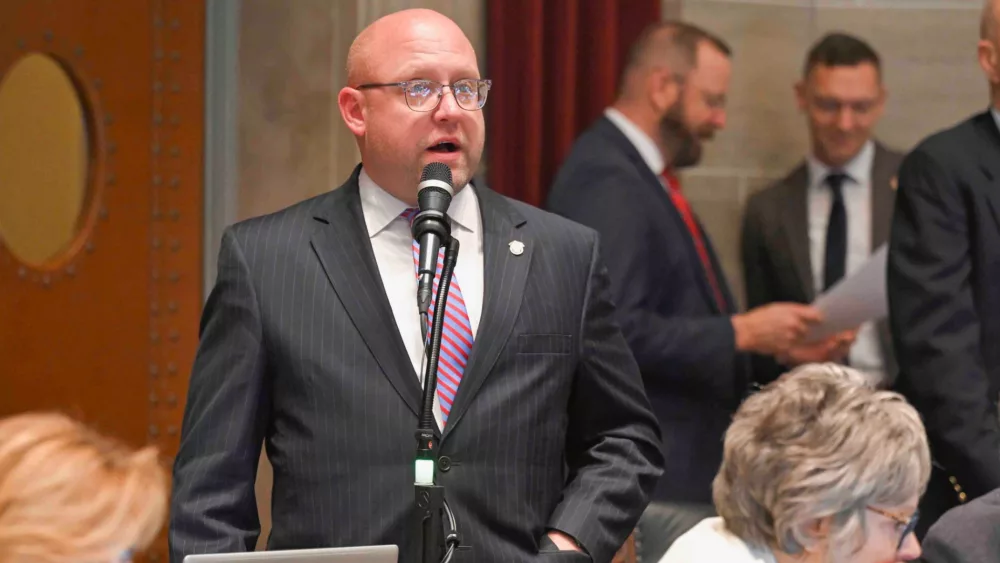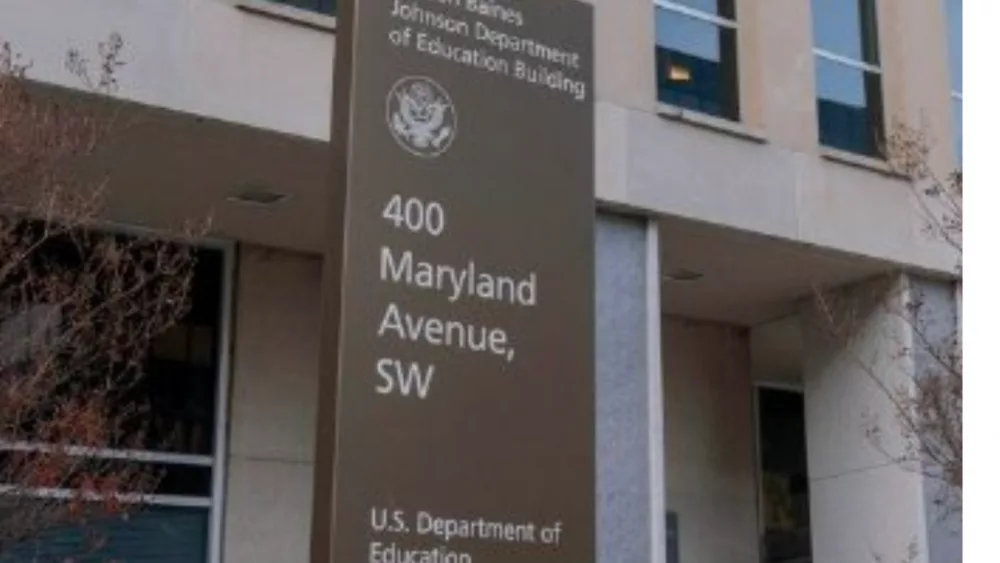
The bill nearing passage could reduce state revenues by $600 million or more, IRS data suggests, instead of the $111 million loss in official estimates
BY: RUDI KELLER
Missouri Independent
The price tag for a tax cut poised for passage in the Missouri General Assembly is likely many times bigger than estimated, and lawmakers should learn more before voting, the research director of the left-leaning Institute on Taxation and Economic Policy said last week.
On Monday afternoon, the state Senate Fiscal Review Committee will hold a hearing on a bill to exempt income from long-term capital gains from the state income tax. The bill would create the deduction immediately for individuals and put it in law for corporations with a trigger enacting it in the future.
The committee’s only job is to decide whether the anticipated impact on state revenues is acceptable.
If passed out of committee, the bill would be up for an immediate Senate vote without further discussion. That would leave only a House vote ratifying Senate changes before the bill goes to Gov. Mike Kehoe.
“I intend to pass what the Senate sends back,” said House Speaker Pro Tem Chad Perkins, sponsor of the bill.
In the fiscal note prepared for the capital gains exemption, the Department of Revenue estimates that the combined individual and corporate exemption would reduce state revenues by approximately $235 million annually. The individual income portion would be about $111 million a year.
But federal tax data from returns filed for 2022 shows individual income tax filers from Missouri reported $13.3 billion in capital gains income. Allowing a deduction of that amount would reduce state revenue by more than $600 million if it is all taxed at the top rate of 4.7%, said Carl Davis, research director at the institute.
“I would not vote on this without more clarification from the Department of Revenue,” Davis said. “We have publicly available information from the IRS that puts this fiscal note into serious doubt.”
The IRS tracks income amounts for long-term capital gains — the profit on the increased value of property or securities held for more than a year — because the federal tax rate is lower on that income than on earnings from wages or short-term gains.
The bill allows a taxpayer to deduct the amount claimed as capital gains from their taxable income on their Missouri return.
The bill is one piece of the Republican plan to eliminate Missouri’s income tax altogether. It passed the House in February on a party-line vote.
Most of the benefits from a cut in the capital gains rate for individuals would go to a small slice of taxpayers. The 23,800 federal returns filed for 2022 with incomes greater than $500,000 a year represent 0.8% of all returns but included 65% of the capital gains income.
When it reached the Senate floor, a Democratic filibuster forced substantial changes, including the delay in the capital gains exemption for corporate income tax returns.
Democrats also won two other long-sought tax cuts where the benefits will mainly go to lower-income Missourians. They are:
- Increased credit amounts and income limits for the refundable property tax credit known as the “circuit breaker” available to people over 65 and people with disabilities. The changes included in the bill would reduce state revenue by about $84 million.
- A sales tax exemption for diapers and feminine hygiene products that would eliminate the 4.225% state portion of the tax. Local sales taxes would remain in place. The exemption would reduce state revenue by about $37 million annually.
The combined $121 million revenue reduction in the two provisions is more than the fiscal note estimate of the individual capital gains exemption. If they don’t look deeper, Davis said, Democrats may think they got a good deal.
“They’re running a bill that looks like a 50/50 split between things for working class folks and things for very high income people,” Davis said. “But if the capital gains fiscal note is wrong in the way that I suspect it may be, it’s more like 7-to-1 capital gains to these other things.”
The delay in the capital gains exemption for corporate income taxes is tied to the implementation of additional cuts in the individual income tax already in state law. Those cuts are tied to revenue growth and based on current trends, the earliest date that the cut would occur is Jan. 1, 2030.
The circuit breaker tax credit was established in 1973. People over age 65 and those who have a qualifying disability and rent their homes can claim a tax credit to offset property taxes of up to $750 if their income is less than $27,500. The credit for homeowners is up to $1,100 if they own their home if their income is less than $30,000.
The bill would increase the maximum credit for renters to $1,055. For homeowners, the maximum credit would be increased to $1,550. It would also increase the income limits for claiming the credit, to $38,200 for renters and $41,000 for homeowners, with slightly higher amounts allowed for married couples claiming the credit.
For the first time, the credit amount and the income limits would be indexed for inflation.
The sales tax exemption for diapers and hygiene products is a provision Democrats have sought for several years.
The circuit breaker increase and sales tax exemptions “sweetens the deal” for Democrats, House Minority Leader Ashley Aune said. But that doesn’t mean they are ready to back the bill.
“This is another situation where we absolutely have to weigh the good with the bad,” said Aune, a Kansas City Democrat. “There’s still plenty in that bill that we are deeply unhappy with.”
Perkins said he likes the Senate’s inclusion of the sales tax exemption. A provision allowing ambulance and fire districts to ask voters for a 1% sales tax — up from the current 0.5% limit — is also an attractive feature, he said.
“We’re moving forward,” Perkins said. “There are a lot of people that say if I don’t get things 100% my way, I didn’t win. I don’t view it like that.”
The bill will have no more debate in the Senate before a vote because the handler, state Sen. Curtis Trent, a Republican from Springfield, formally brought the discussion to a close on Wednesday. Once it is reported from the Fiscal Review Committee, the vote could be held at any time.
Along with the potential for being far more costly than estimated, there are other reasons to delay a tax cut, Davis said.
Federal budget cuts are threatening to greatly increase the state’s cost for Medicaid. The operating budget approved last week in the House dips into the state’s accumulated surplus for about $900 million and the Senate is likely to increase that amount, with construction spending bills to follow.
And if the bill is passed, Missouri will be the only state with an income tax that does not apply to capital gains income.
“There’s a long list of reasons to budget very cautiously at this moment and to prepare for uncertainty and volatility,” Davis said. “The last thing you want to do in an environment like this is to vote on a tax bill where you’re not even 100% confident in what the revenue liability is going to be.”






